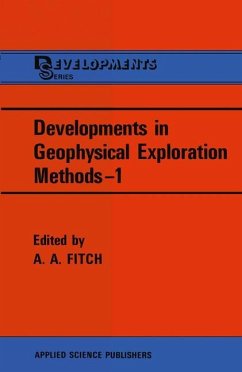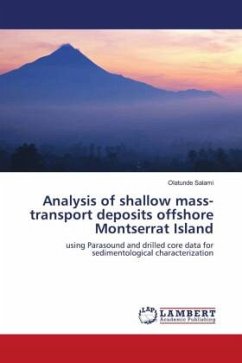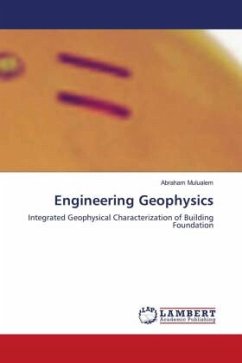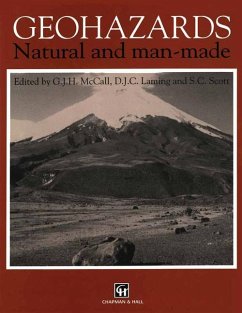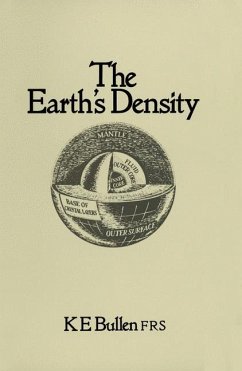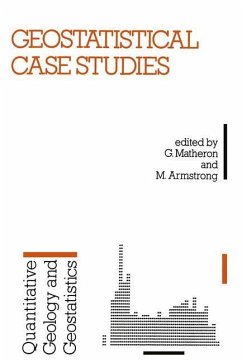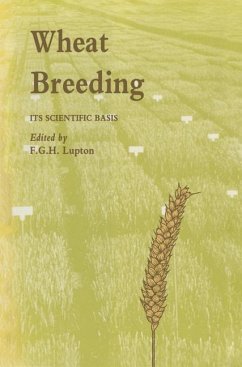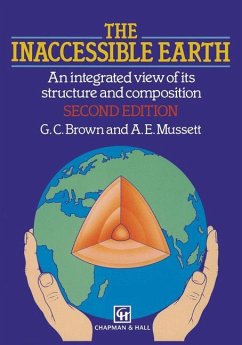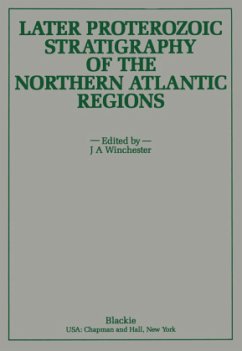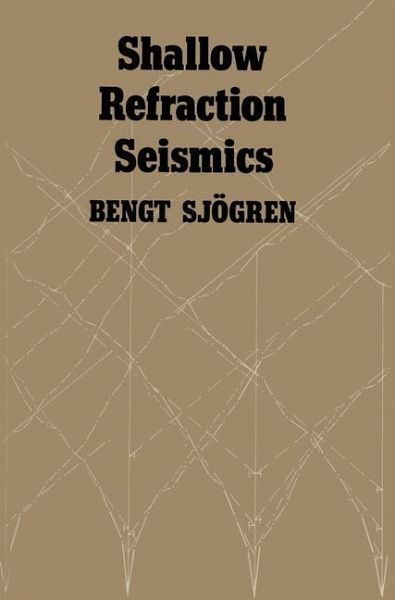
Shallow Refraction Seismics

PAYBACK Punkte
20 °P sammeln!
There are many general geophysical textbooks dealing with the subject of seismic refraction. As a rule, they treat the principles and broad aspects ofthe method comprehensively but problems associated with engineering seismics at shallow depths are treated to a lesser extent. The intention of this book is to emphasize some practical and theoretical aspects of detailed refraction surveys for civil engineering projects and water prospecting. The book is intended for students of geophysics, professional geophysicists and geologists as well as for personnel who, without being directly involved in ...
There are many general geophysical textbooks dealing with the subject of seismic refraction. As a rule, they treat the principles and broad aspects ofthe method comprehensively but problems associated with engineering seismics at shallow depths are treated to a lesser extent. The intention of this book is to emphasize some practical and theoretical aspects of detailed refraction surveys for civil engineering projects and water prospecting. The book is intended for students of geophysics, professional geophysicists and geologists as well as for personnel who, without being directly involved in seismic work, are planning surveys and evaluating and using seismic results. The latter category will probably find Chapters 1, 5 and 6 of most interest. Interpretation methods, field work and interpretation of field examples constitute the main part of the book. When writing I have tried to concentrate on topics not usually described in the literature. In fact, some discussions on interpretation and correction techniques and on sources of error have not been published previously. The field examples, which are taken from sites with various geological conditions, range from simple to rather complicated interpretation problems. Thanks are due to A/S Geoteam (Norway), Atlas Copco ABEM AB (Sweden), BEHACO (Sweden) and the Norwegian Geotechnical Institute for allowing me to use field examples and certain data from their investigations. I should particularly like to thank Professor Dattatray S. Parasnis of the University of Luleii (Sweden) for revising the manuscript and for his numerous invaluable suggestions.





